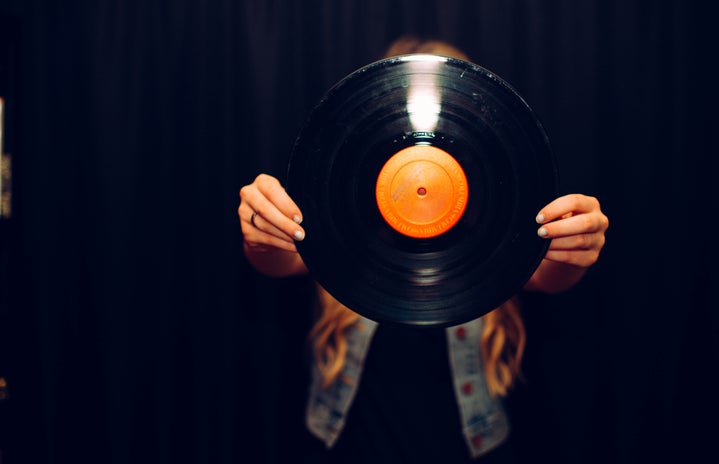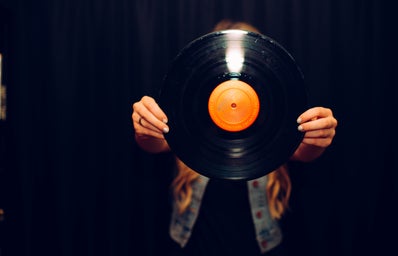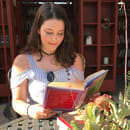I can’t remember a time in my childhood that didn’t revolve around music. As soon as I was tall enough to climb onto the bench of the shiny black piano in our living room, I was sitting next to my mom while she played, carefully morphing my hand into the “bird-cage” position that she taught me, even though my fingers were far too small to reach the notes. I started taking piano lessons when I was 6 and instantly fell in love with it. I would come home from school and diligently practice my book of Disney songs, eagerly waiting for my next recital so I could come back after my performance and see the look of pride on my parents’ faces.
I continued music once I got to middle school, taking advantage of the option to branch out and learn a completely new instrument. I was drawn to the saxophone, and decided to study it in school while I played piano at home during my free time. My middle school had a reputation for having an exceptionally good music program and thus, my teacher’s expectations were very high. I worked hard to match the level of performance expected of me, taking private lessons outside of school and practicing as much as I could while balancing other extracurriculars. It didn’t feel like work to me, though. I loved playing music above anything else and enjoyed working hard for it.

Feeling like I wasn’t up to par continued throughout all of high school. I still enjoyed playing, but the high expectations left me feeling like music wasn’t something I was actually good at. My last year of high school, I decided things would be different. I practiced multiple hours every night, with my anxiety over meeting my conductor’s expectations letting me push through cramping fingers and the ache in my jaw. I was terrified of messing up, and desperately hoped that the work I was putting in would reignite the passion I once used to feel for music. However, the pressure of perfection only kept me in an endless loop of feeling like I was never good enough. I still remember the awkward sense of relief as the final song of my last concert as a senior closed. Where I expected to feel pride and a maybe tinge of bittersweetness, I could only think that I wouldn’t have to be so stressed about music anymore.
Once high school was over, I didn’t want anything to do with music. I went back to the piano from time to time, but it hadn’t welcomed me back the way I expected it to. My hands felt clumsy on the keys, and I was so terrified of playing in front of other people that I could only attempt to play when I was completely alone in my parent’s house. As much as I tried, I couldn’t get back into it. Every attempt to sit down and pick up where I left off ended with me feeling frustrated and sad.
Recently BTS, one of my favorite bands, released a song that addresses this situation. Based on the quote “a dancer dies twice – once when they stop dancing, and this first death is the more painful,” “Black Swan” addresses the pain a person feels when they are distanced from their passions. I was surprised by how much I related to the lyrics, and it was jarring to see the emotions I felt about music put so perfectly into words. As a child, I loved music so much that It would have been impossible for me to ever picture my life without it. The last few years of not playing music have been harder for me than I think I’m willing to let myself admit. But as much as I want to get back into it, there is still something holding me back. The thought of even opening my saxophone case or sitting down in front of the keys of a piano is enough to make my hands tremble.
However, hearing BTS so eloquently put this feeling into words has given me some courage to face my fears. I know that I have a long way to go before I can stop associating music with anxiety and perfection, but I know I would be happier if I was able to play again. The next time I get the chance to make myself play, I’ll try to take it. I urge anyone who’s lost interest in something they once loved to do the same as well.




